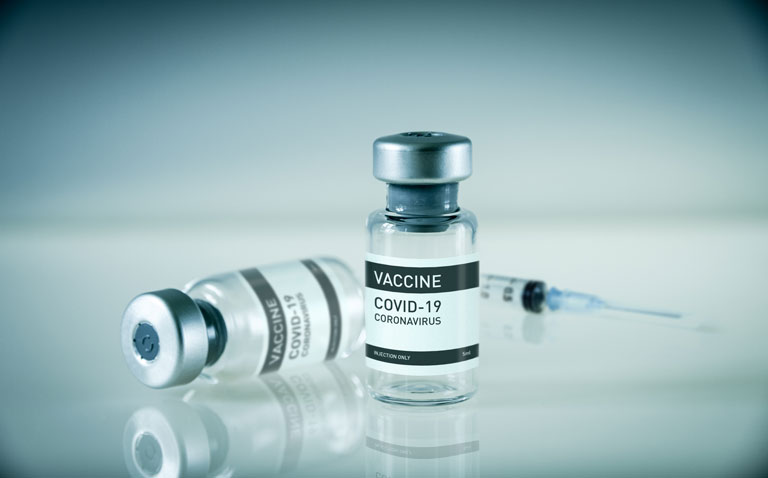Comirnaty has now been granted a license extension and approved by the EMA for COVID-19 vaccination in children aged 5 to 11 years of age
Comirnaty is the COVID-19 vaccine made by Pfizer-BioNTech and has now been approved by the EMA for use in children aged between 5 and 11 years of age given as two doses, three weeks apart. The vaccine was previously approved for use in adults and children from the age of 12.
Although a study published in Nature Medicine in November 2021, reported that the majority of children and young people infected with COVID-19 survive, the analysis was based on the wild-type and alpha variant only. However, more recent data from the US, shows that once the delta variant became the dominant COVID-19 strain in circulation, weekly COVID-19–associated hospitalisation rates among children and adolescents rose nearly five-fold during late June–mid-August 2021.
Based on these findings, the Centers for Disease Control in the US considered that ‘preventive measures to reduce transmission and severe outcomes in children and adolescents are critical, including vaccination, universal masking in schools, and masking by persons aged ≥2 years in other indoor public spaces and child care centers.’
Clinical efficacy in younger children
The EMA approval of comirnaty in children from the age of 5 was based on a single study of the vaccine in those aged 5 to 11 years. The study itself was undertaken in two stages; an initial phase 1 dosing-finding trial, in which a total of 48 children 5 to 11 years of age, received two 10-μg doses of BNT162b2 administered 21 days apart (which was a third of the dose given for 12 to 15 year olds), after which, the participants were randomised in a 2:1 ratio and given two 10 μg doses BNT162b2 or saline placebo.
The study examined the immunogenicity of the 10-μg dose but also the vaccine efficacy against confirmed COVID-19 infection which had an onset at least 7 days after the second dose. For the phase 2 arm of the study, 2268 children with a mean age of 8.2 years (52.1% male) were randomised to BNT162b2 or placebo. The immunogenicity showed a similar geometric mean ratio to that achieved from a 30-μg dose given to older children.
In terms of vaccine efficacy, there were three cases of COVID-19, with an onset 7 or more days after the second vaccination dose in the BNT162b2 group and 16 among placebo recipients, giving a vaccine efficacy of 90.7% (95% CI, 67.7 to 98.3).
While the EMA has approved comirnaty in younger children, this has not occurred in the UK, with the MHRA only approving vaccination for those aged 12 – 15 years.
Source. EMA News 25th November 2021










